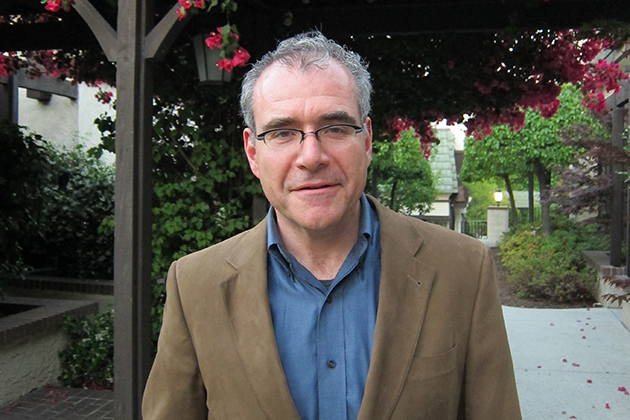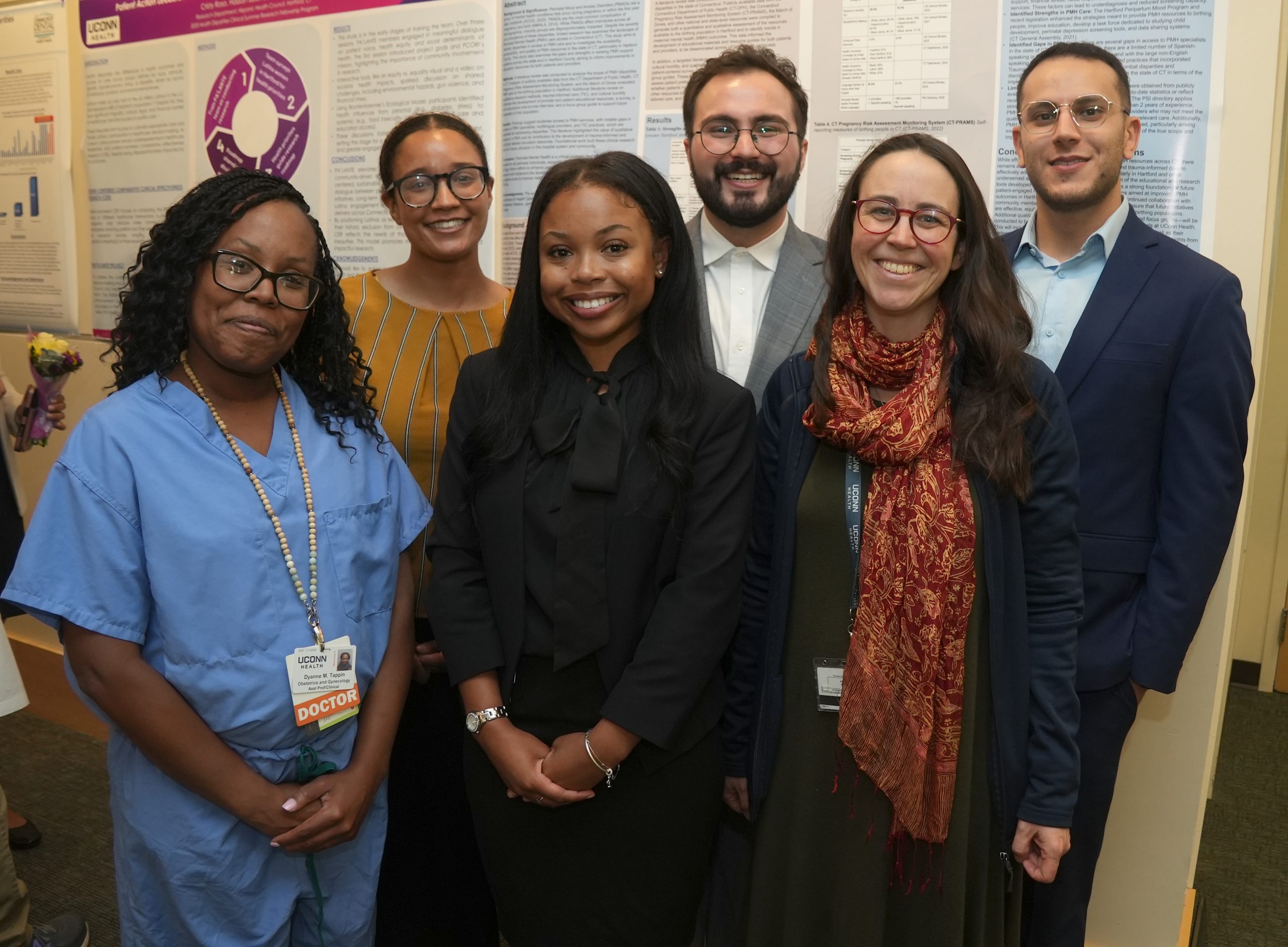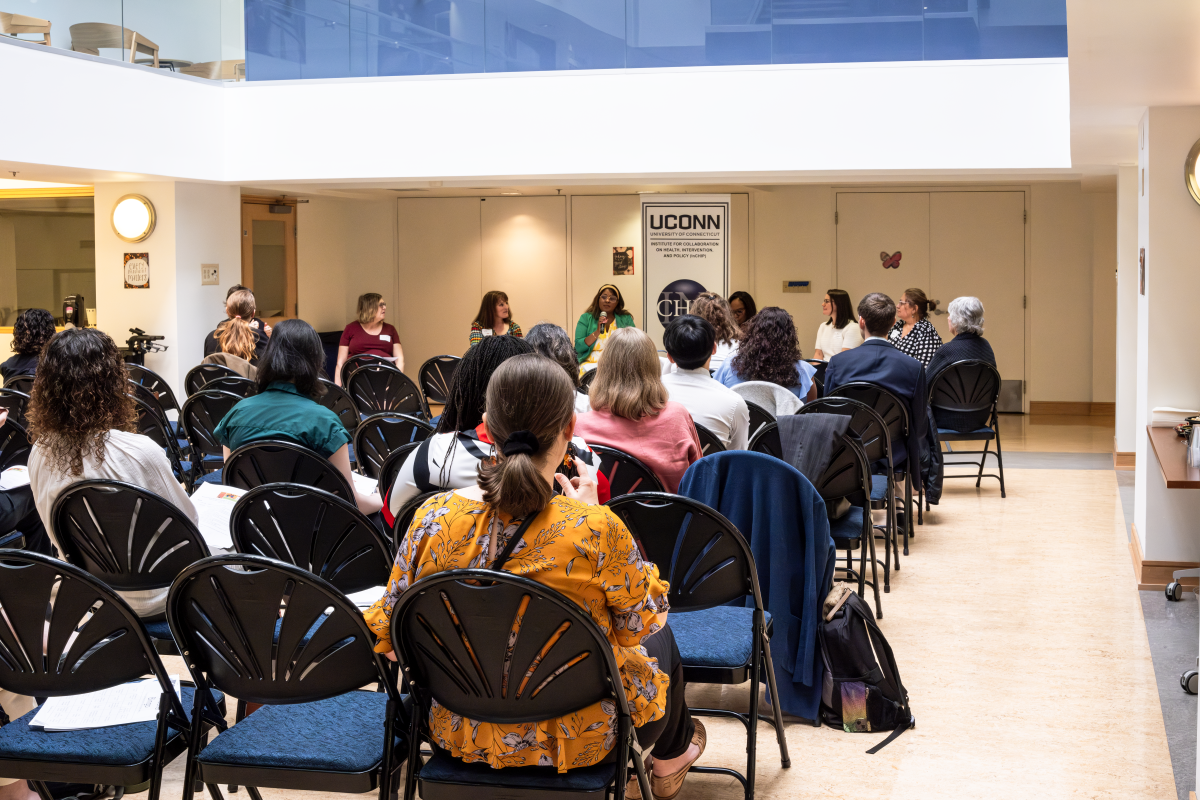When a philosophy professor is offered an open-ended invitation to give a talk, there is no telling where the discussion will go – only that it will begin with a question, followed by more questions that challenge the subject, even some which may not have a definitive answer.

Not long ago, Mitchell Green, who will join the Department of Philosophy in the College of Liberal Arts and Sciences next fall from the University of Virginia, had the opportunity to speak his mind on a subject of interest to him.
“I decided on ‘What is the meaning of life?’ Most of the time was spent trying to figure out what that question actually is asking,” Green says. “In particular, the word ‘the,’ which is the most common word in the English language, and the way it presupposes there is at least one thing that is life’s meaning and at most one thing that is life’s meaning. I started the talk raising doubts about both of these assumptions.”
Green specializes in philosophy of language, philosophy of mind, and aesthetics, and currently is conducting research in the areas of evolutionary biology of communication, and speech acts and their role in communication, among other areas.
“I’m always urging my students to think about the proper formulation of a question rather than just sticking a question mark at the end of a sentence,” Green says. “I’m asking them to figure out what constitutes a good question, a pertinent question, and what constitutes a question that doesn’t have presuppositions that are dubious.”
For Green, much of what philosophy tries to do is not so much about settling questions, but rather to ask them, and encourage others to take their questions and articulate them in a more thoughtful way. This is particularly the case when philosophers take a position similar to Socrates, viewing themselves as midwives helping those in other disciplines to articulate thoughts that can assist their research. Green finds it particularly exciting when he can help others to formulate testable hypotheses.
He says he was attracted to Storrs because of the opportunity to work in an interdisciplinary environment that is encouraged in his areas of interest, particularly the cognitive science inquiry into philosophy of the mind and language.
“The kind of research I do in the cognitive science end of the field in philosophy of language and philosophy of mind tends to overlap with what people do in linguistics and psychology,” Green says. “I’m excited about the prospect of moving to a place that is putting like emphasis in a part of academic research that is one of my foci. It’s an exciting opportunity.”
The Department of Linguistics is a leading center for theoretical research in generative grammar, and for experimental research on child language acquisition. The Department of Psychology is among the nation’s leading research centers for clinical psychology, and is home to UConn’s first Integrative Graduate Education & Research grant from the National Science Foundation. Green has already begun discussions in the direction of collaborative research projects with current faculty in the psychology department, such as Whit Tabor.
Green also has worked in the area of pragmatics, the use and interpretation of language as uttered or as advanced in a certain context. Pragmatics is thus in contrast to the more traditional field of semantics, which focuses on words and their literal meaning and tends thereby to abstract those words from the contexts in which they are used, he says.
“I think the most interesting questions in philosophy of language tend to be in pragmatics,” Green says. “I’ve done work on such things as how you can mean considerably more than what you literally say, known as implicature. I’ve done work on expressive behavior – what it means to express an attitude or a feeling nonverbally. I hope to carry that work further into the coming years with vigorous collaboration with researchers in psychology and linguistics.”
An existing collaboration that Green looks forward to continuing is his ongoing National Science Foundation grant with Dorit Bar-On of the University of North Carolina-Chapel Hill, who will join the Department of Philosophy in 2014. The researchers are working on a project titled “Communication, Expression, and the Origins of Meaning.”
Another potential area of collaboration at UConn for the philosopher could be with the world-renowned Department of Ecology and Evolutionary Biology in the College of Liberal Arts and Sciences.
“I’ve spent a lot of time over the last few years reading technical literature about bird and insect communications,” Green says. “I think about recent research in animal communication and linguistics and evolutionary biology. A lot of what I’ve been doing of late is going through that literature to get an understanding of some of the questions that could be asked in that literature but are not being asked. I’m hoping if I can contribute to that discussion it will be to refine it in such a way as to open new theoretical possibilities, as well as new lines of empirical investigation.”
In addition to his ongoing research, Green has worked to expand interest in philosophy outside traditional universities. One of his efforts is Project High-Φ (http://high-phi.org/), which aims to support philosophical inquiry in American high schools. This summer he will direct an institute for high school teachers, funded by the National Endowment for the Humanities, aimed at enabling the teachers to bring philosophy back to their classrooms. He currently is teaching a massive open online course (MOOC), “Know Thyself,” which has an enrollment of about 75,000 students ages 15 to 85 from more than 100 nations.


